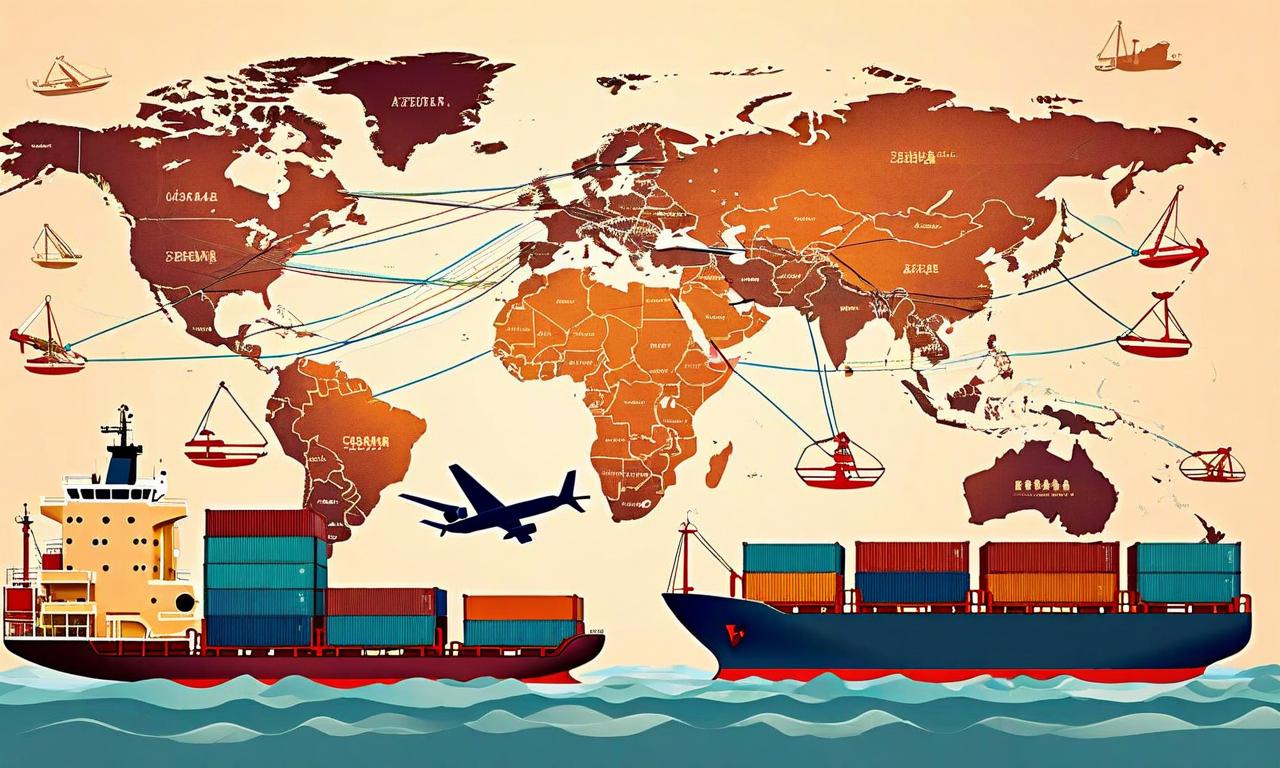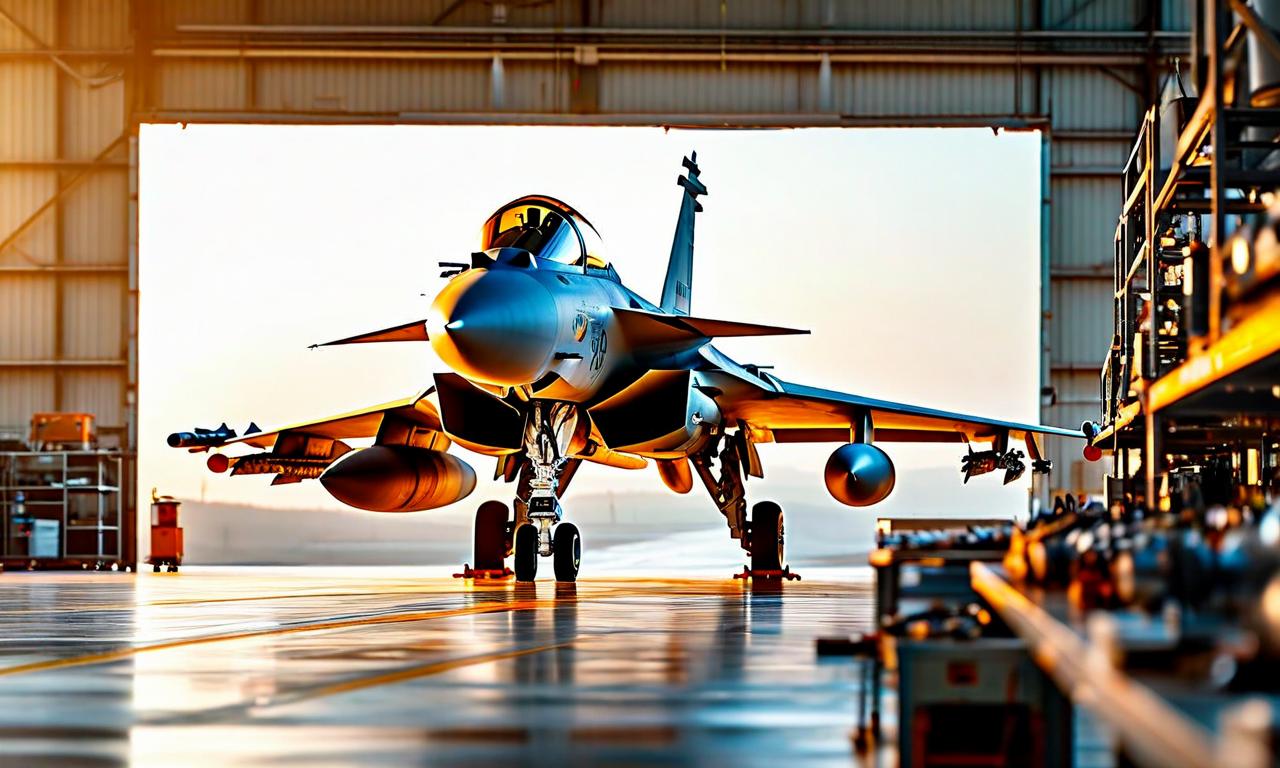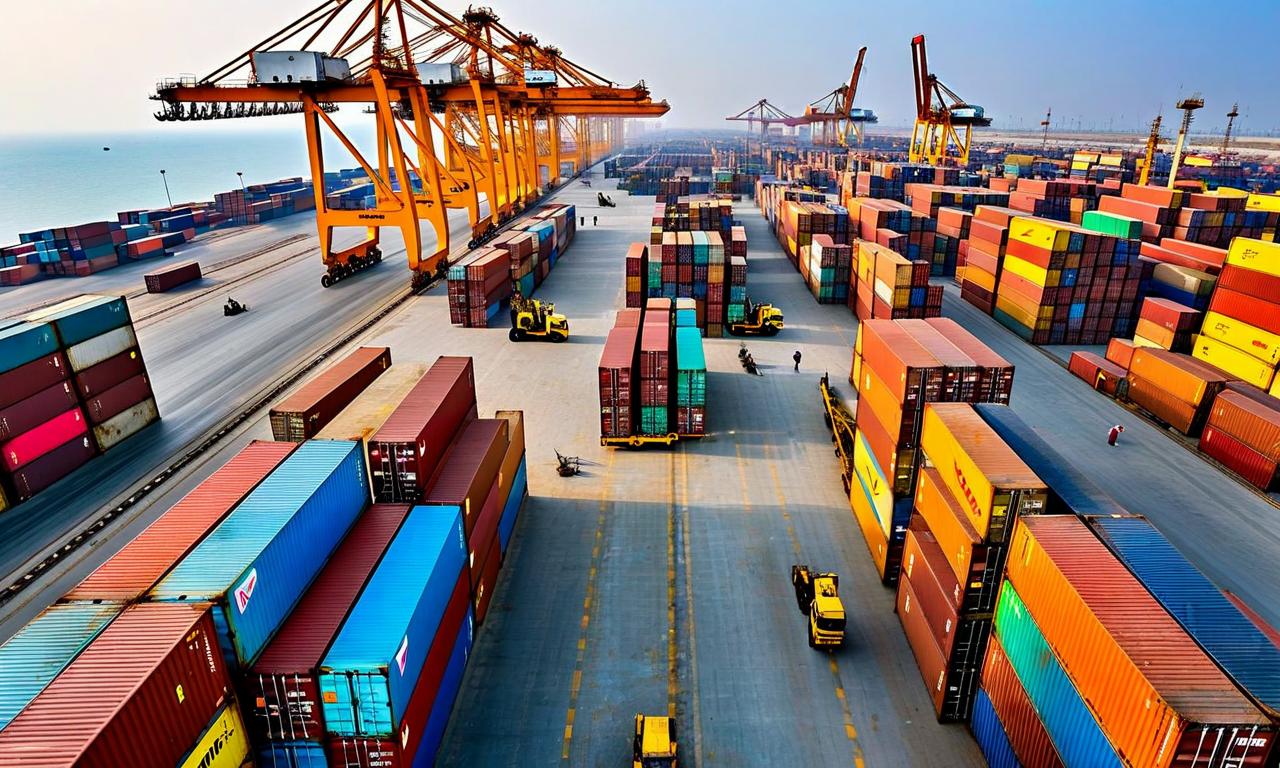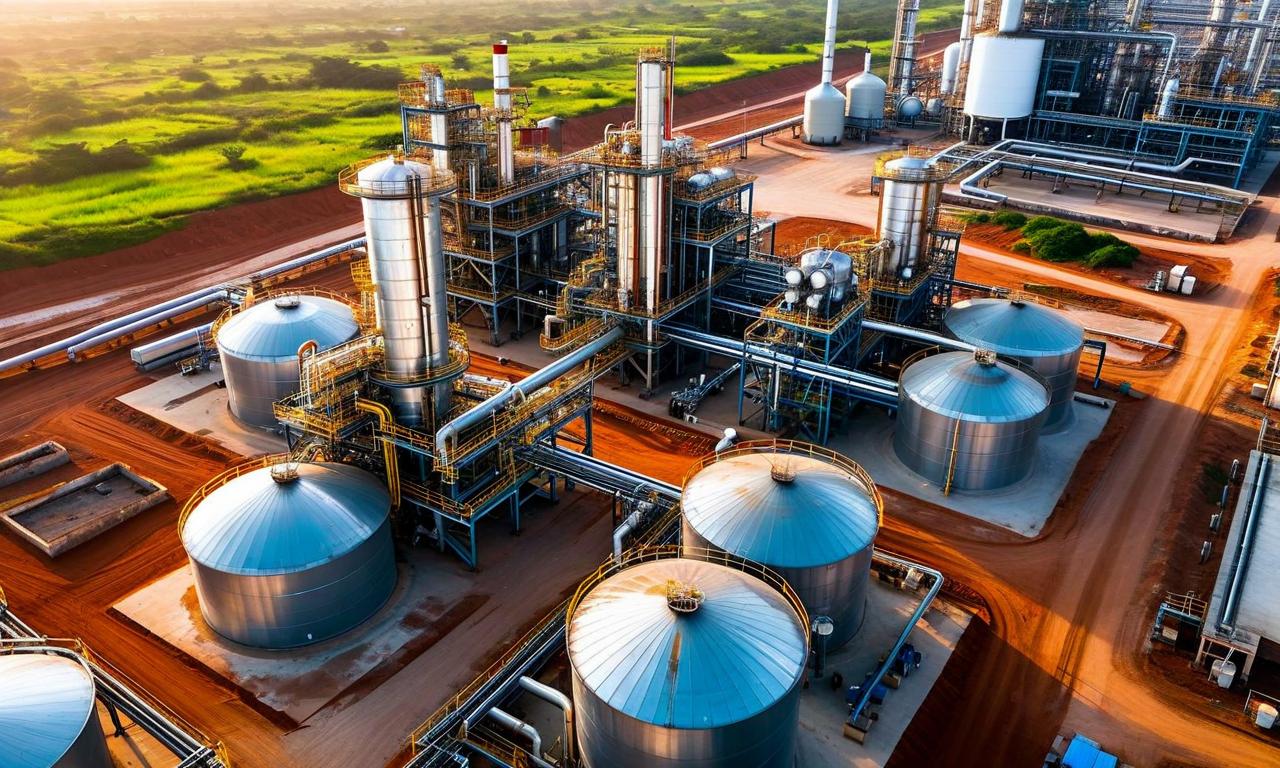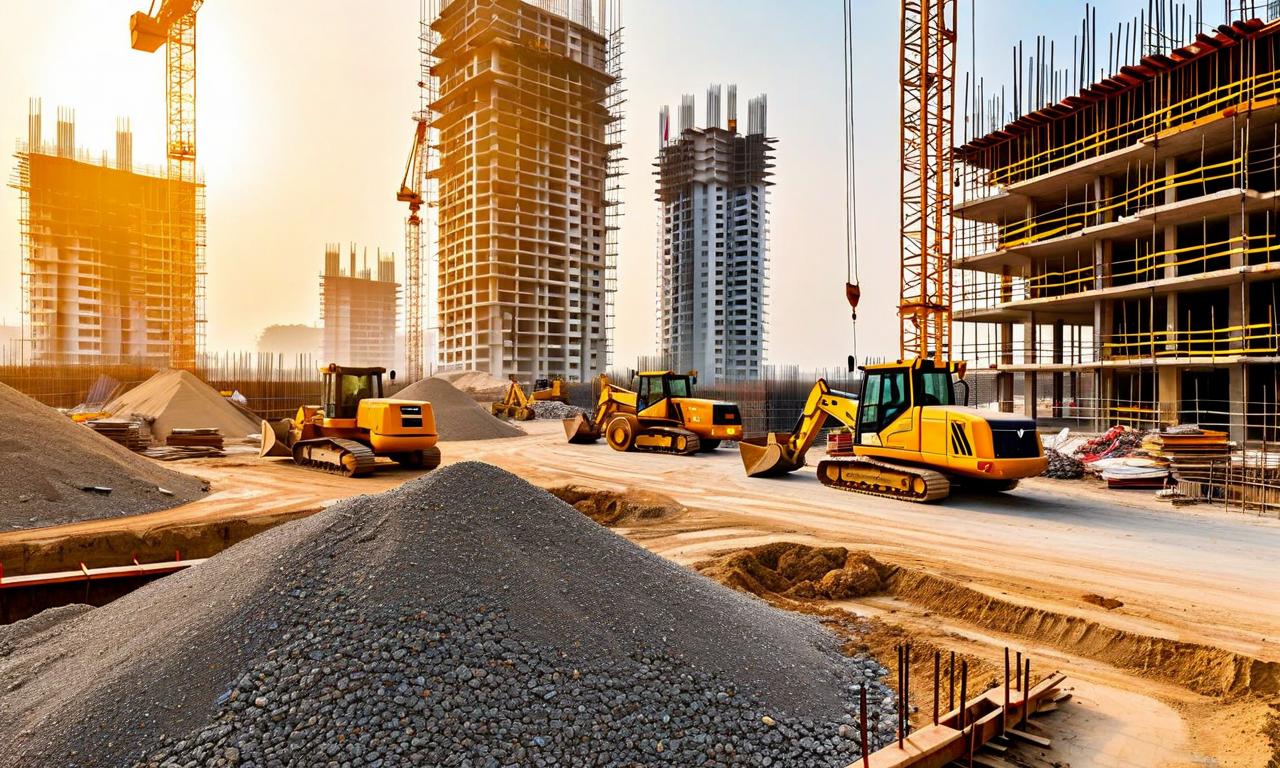Brazil's Lula Urges BRICS Nations to Boost Trade Integration Amid Rising Tariffs
Brazilian President Lula da Silva urged increased trade and financial integration among BRICS nations during a virtual meeting, criticizing 'tariff blackmail' and unjustified trade practices. Brazil faces 50% tariffs on most exports, while India confronts doubled tariffs up to 50% on its goods. Chinese leader Xi Jinping condemned trade wars for their negative impact on global trade rules and economy. The meeting focused on reinforcing coordination and trade mechanisms among BRICS members to create a more balanced global economic order.
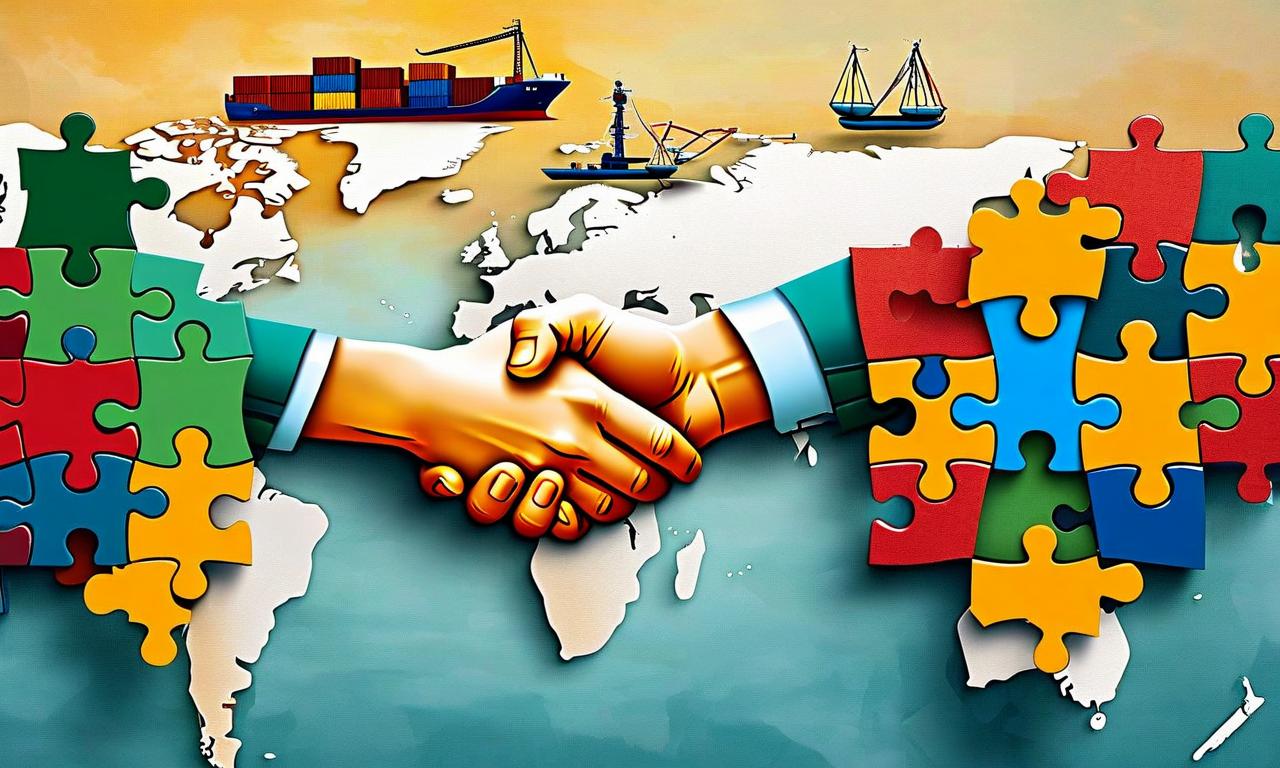
*this image is generated using AI for illustrative purposes only.
Brazilian President Luiz Inacio Lula da Silva has called for increased trade and financial integration among BRICS nations, highlighting the need to counter protectionist measures in a recent virtual meeting. The gathering, which lasted approximately 1.5 hours, brought together leaders from Brazil, Russia, India, China, South Africa, as well as Egypt, Indonesia, Iran, UAE, and Ethiopia.
Lula's Stance on 'Tariff Blackmail'
President Lula criticized what he termed 'tariff blackmail,' describing BRICS countries as victims of unjustified trade practices. The Brazilian leader's comments come in the context of significant trade challenges faced by his nation, with Brazil reportedly facing 50.00% tariffs on most of its exports. These tariffs are allegedly linked to issues surrounding former President Jair Bolsonaro's legal troubles.
India's Trade Predicament
India, another key BRICS member, is also grappling with trade pressures. The country reportedly faces doubled tariffs of up to 50.00% on its goods, a situation attributed to its continued imports of Russian oil. This highlights the complex geopolitical dynamics affecting trade relations among BRICS nations and their global partners.
Chinese Leadership's Perspective
Chinese leader Xi Jinping joined the chorus of concerns, condemning trade wars for their detrimental impact on international trade rules and the global economy. Xi's comments underscore the unified stance of BRICS nations against protectionist measures that hinder free trade and economic growth.
Focus on Strengthening BRICS Coordination
The virtual meeting centered on reinforcing coordination and trade mechanisms among member nations. This focus reflects the BRICS bloc's commitment to creating a more balanced global economic order and fostering South-South cooperation.
Conclusion
As BRICS countries continue to navigate the challenges posed by protectionist policies and 'tariff blackmail,' the call for increased trade and financial integration among member states gains significance. The bloc's efforts to strengthen its internal trade mechanisms could potentially reshape global economic dynamics and offer a counterbalance to existing trade pressures.
